•What’s your ethnic and religious heritage?
I am first generation Haitian-American. My parents were born and raised in Haiti and then moved to the U.S. I was born in Nyack, NY and raised in Spring Valley, NY, along with my other siblings. My family’s religious heritage is Catholicism but I am a Protestant Christian.
•What is your earliest memory of becoming aware that some people looked different from you?
I am not sure if I remember a specific time where I had that “a-ha” moment but I remember being aware that people were different from each other. I recall when I started going to school as a child or when I went to the grocery store I saw different skin tones and I processed it as what makes us (human beings) unique.
•What is your earliest memory of becoming aware of racism?
In my middle school years–beginning in the 7th grade–I began to experience racism. It was like the cat was out of the bag. I played soccer and softball and when we played all white teams I remember white people looking at us with hostile eyes or not wanting to shake our hands after a game. I also played trumpet during our marching band competitions and other band members (and directors) would tell us nobody would want to see a “black band” playing (even though we were a diverse group). It hit me more when my band director, a white man, sat us all down and had a conversation with our band about racism. His name was Mr. Smith and after an incident during one of our competitions he explained to us how racism is wrong and that we should always stand up for what is right. He emphasized that the way we should fight back is through our music, love, and making a difference in the world. He was very honest with us about some of the hateful words that other band directors would say about us to him. He let us know that he always stood up for all of us and reminded us to walk with integrity, confidence, and awareness. Lastly, I remember Mr. Smith said that when people say hateful things, we should not allow our emotions to get the best of us. We need to take our emotions and put them into our music, to help us channel that energy and bring it to life. That year was a year of awakening for me and something that I could not fully understand. I saw how evil people could be, but also that not all white people are bad. My coaches and my band directors were our biggest advocates and showed that in private and in public spaces.
•What is one way you think you could connect with white people who have differing views about race?
I already do. Honestly, I feel that it is time to not put all the responsibility on the black community to do this kind of work. Black people consistently have changed the way we talk (code-switching), dress and carry ourselves to become palatable to the majority so we can be heard and seen and our perspective can be validated. For the sake of this project, if I could rephrase this question, I would pose it like this: “What are ways you think white people could connect with a black person who has differing views about race?” I would say sometimes we focus so much on the issue that we forget about the person we love. Without compassion and practicing the art of listening, individuals will not feel loved and valued. To stop this pattern in your own life, get to know POC as individuals and see what makes them unique. The more we know and care, the more likely we can stand up for the ones we love in the difficulties they face. Research the topic of racism and see how it is still relevant today. I’ve met many white people who still can’t believe racism exists because they are uninformed about the black experience. Take time to connect with more than one or two people of color, to engage in needed conversations, and to love. Love is an action word; not a passive lingering thought. To love well is to truly listen, have compassion and validate the experiences of others.
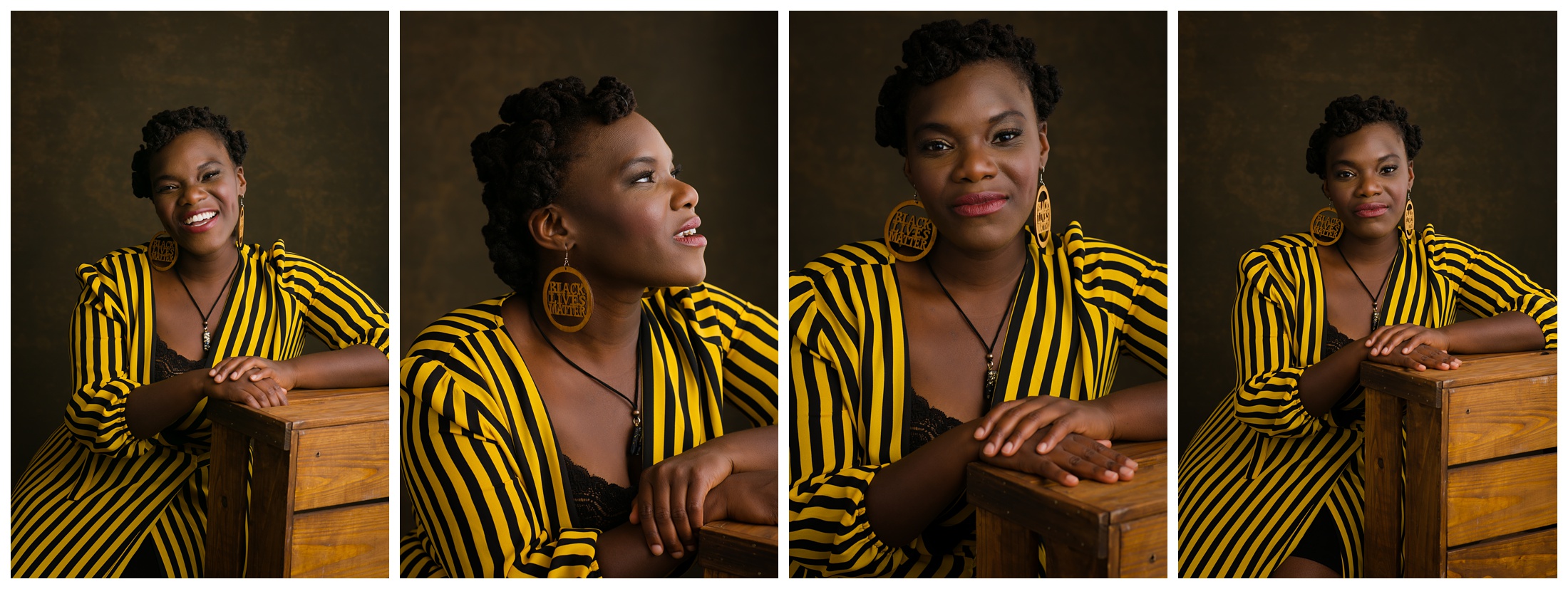
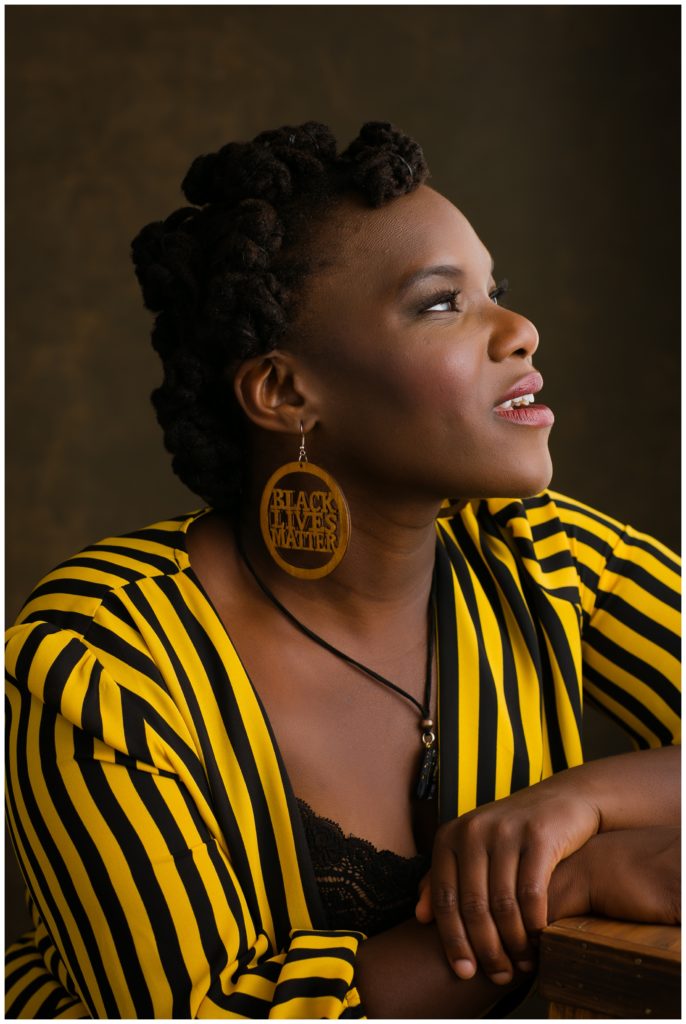
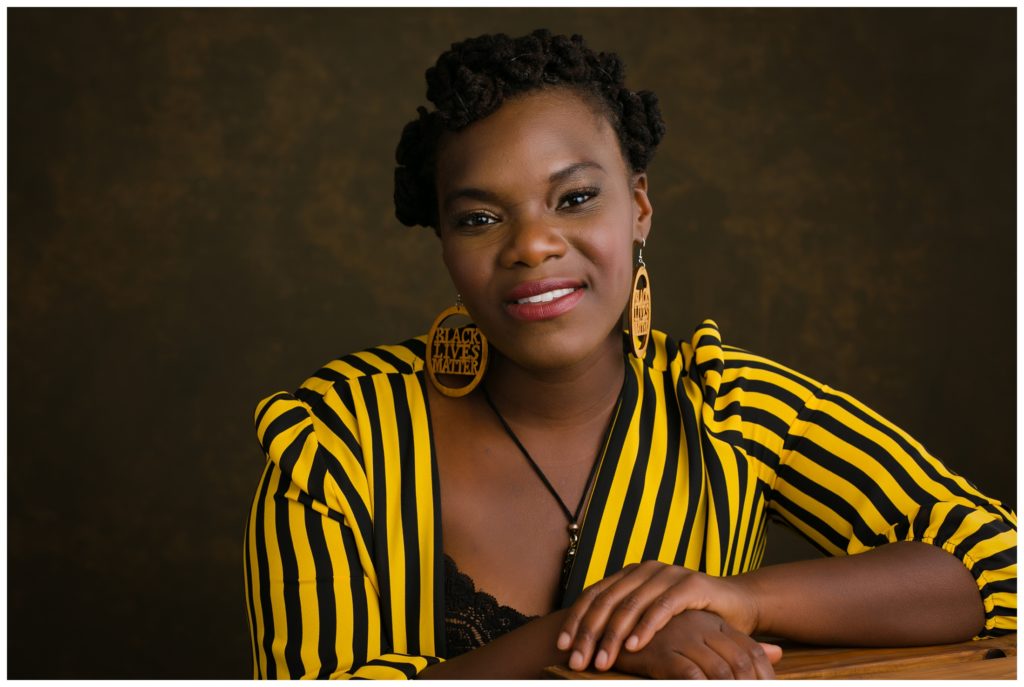
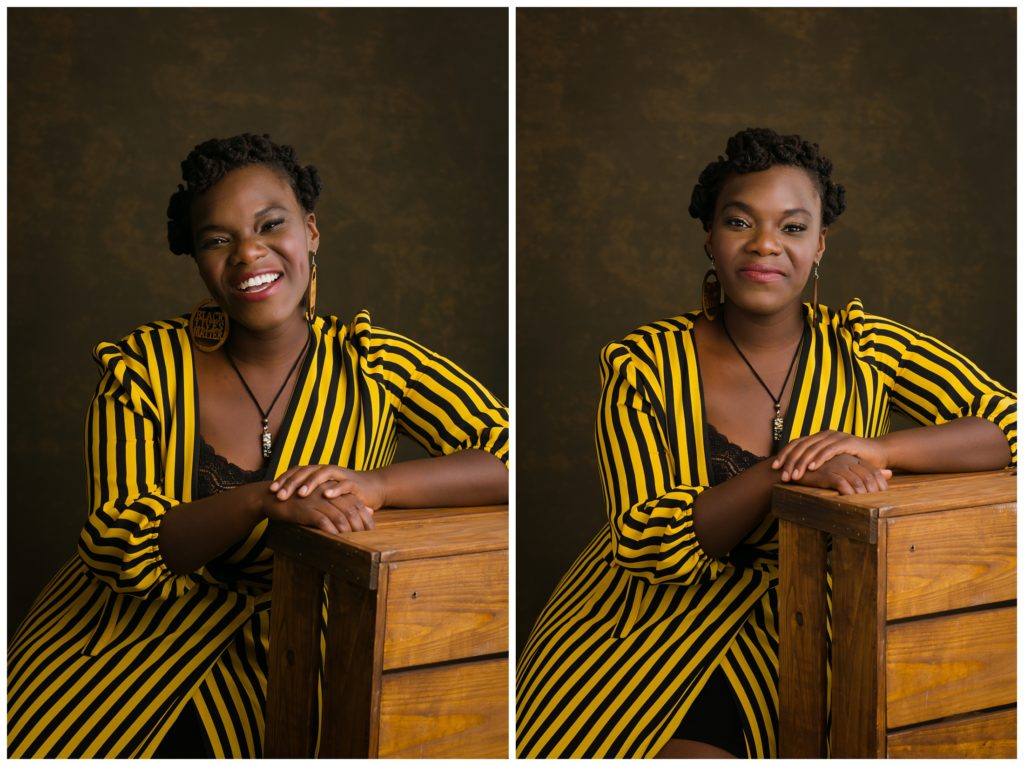
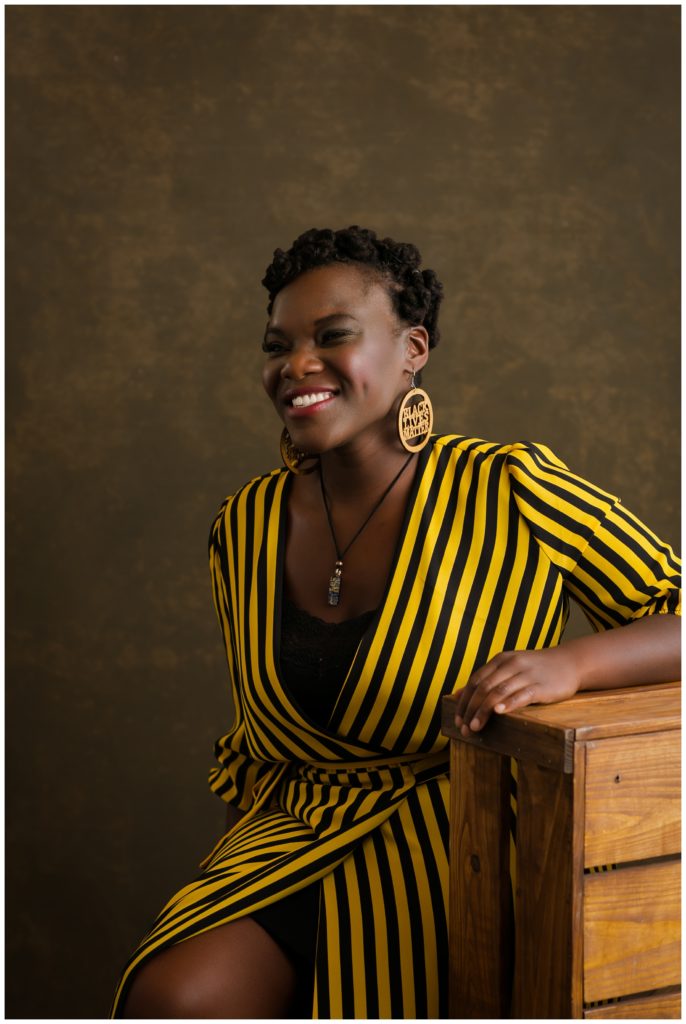
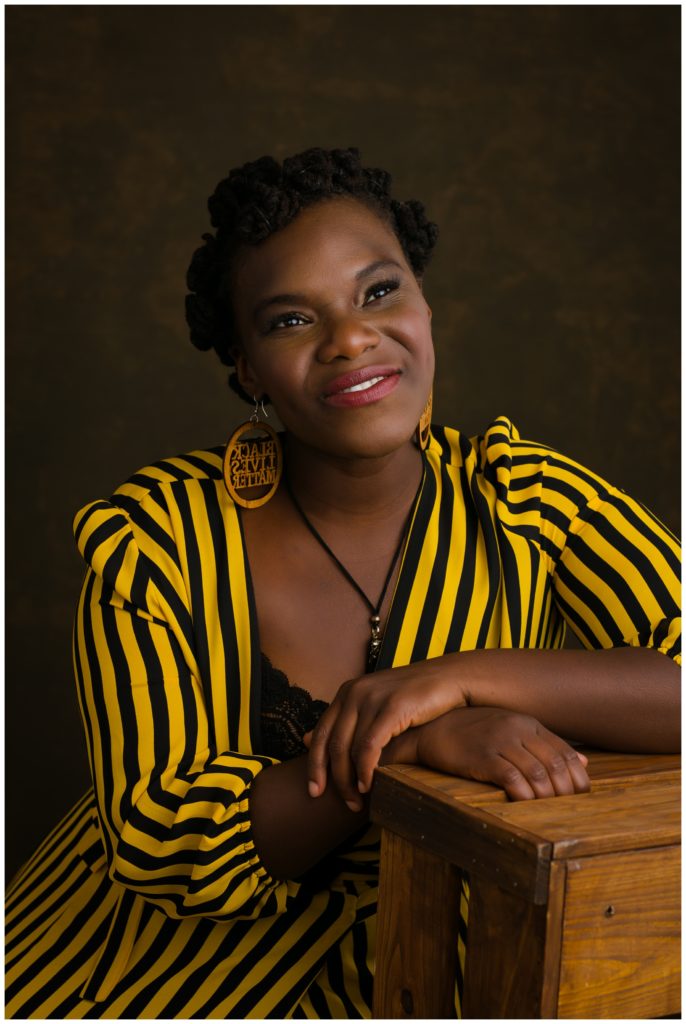
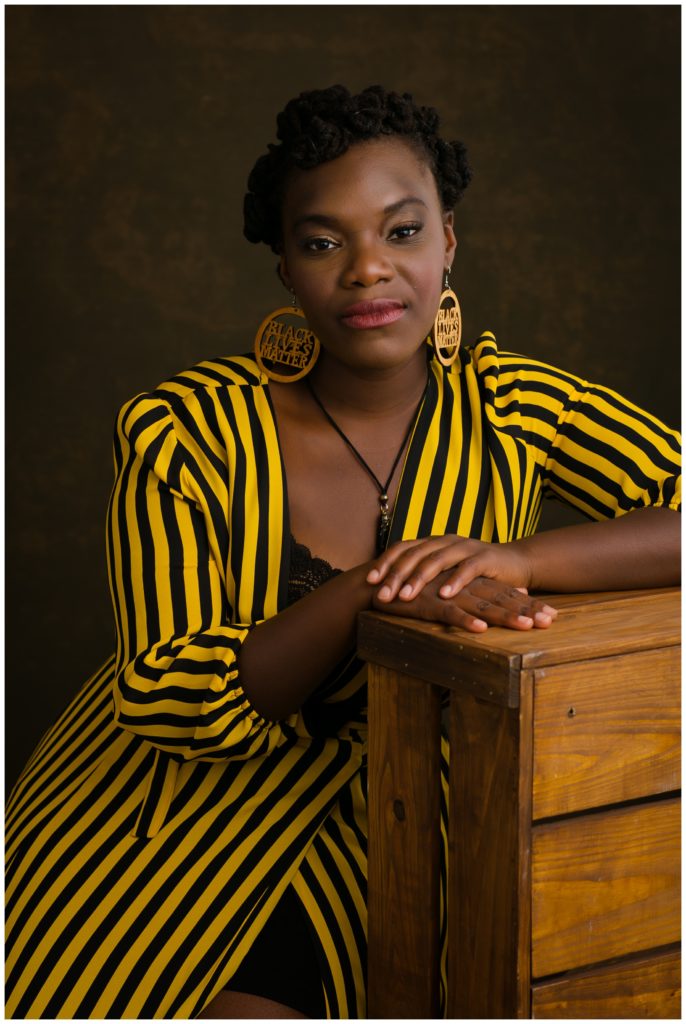
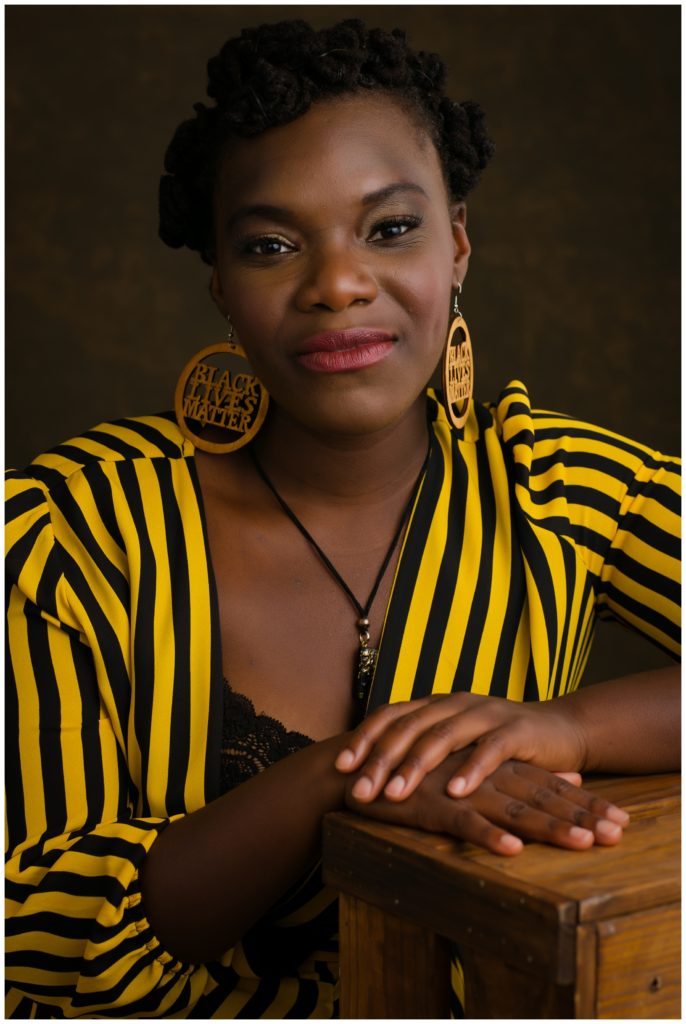
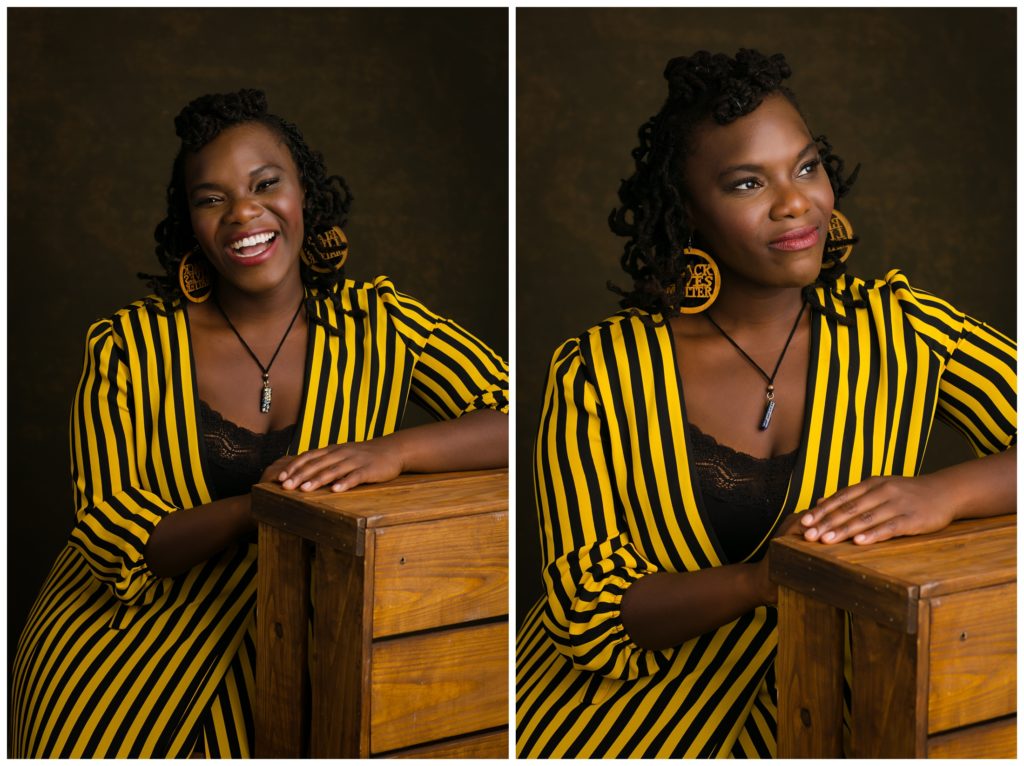
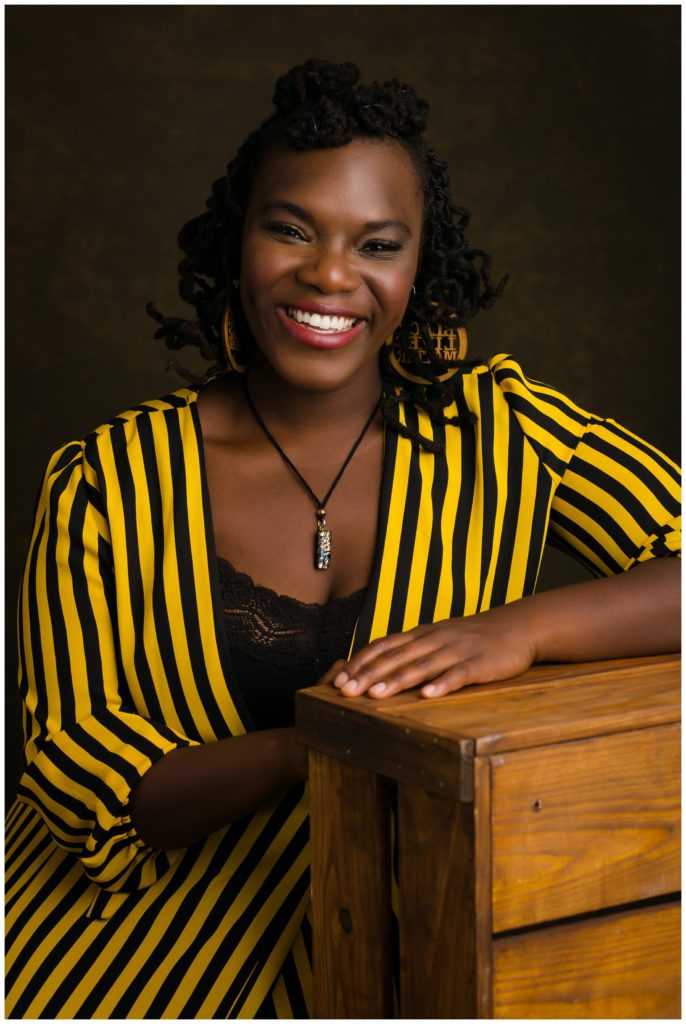
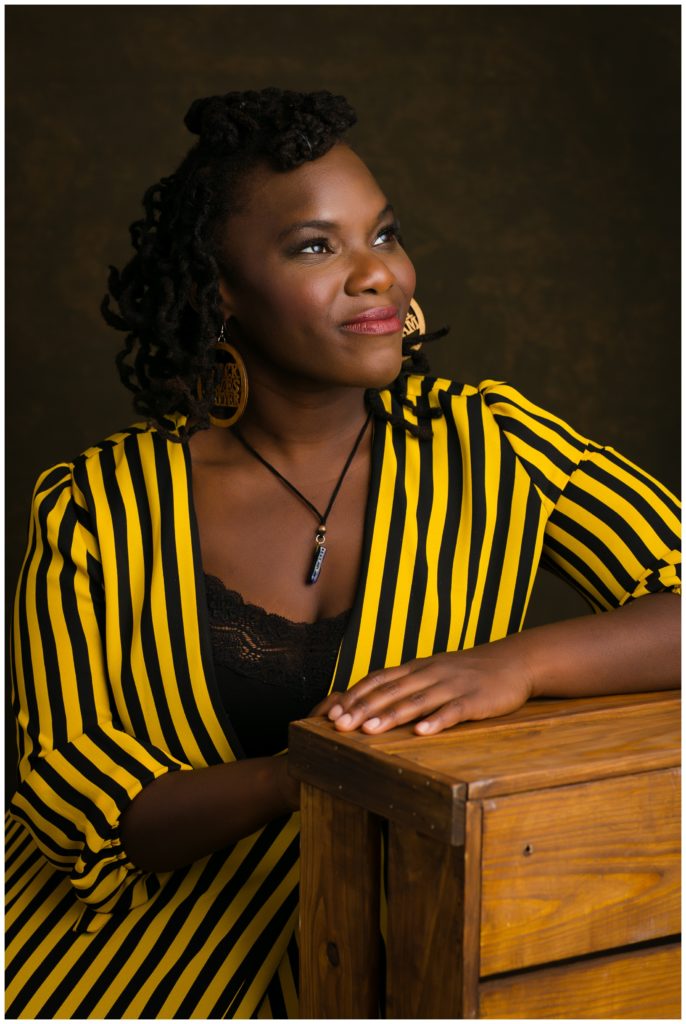
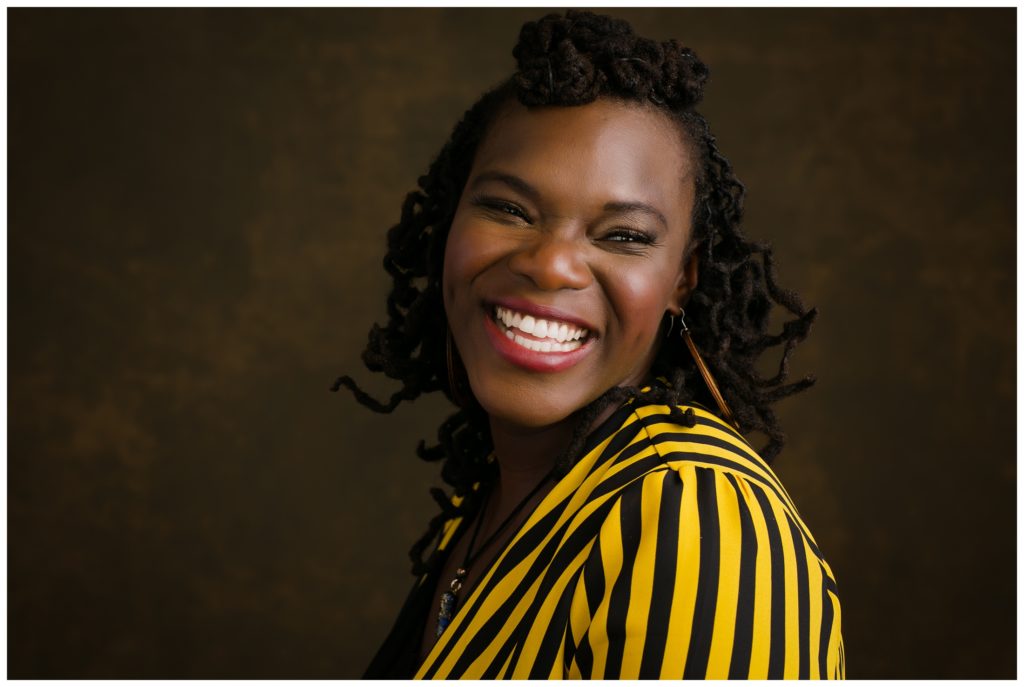
comments +